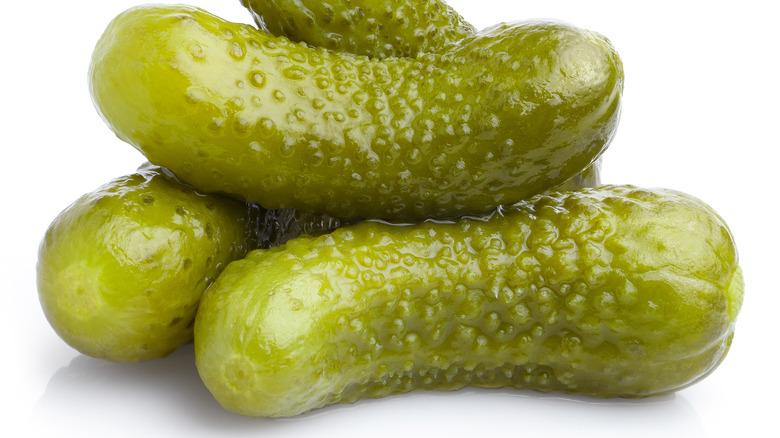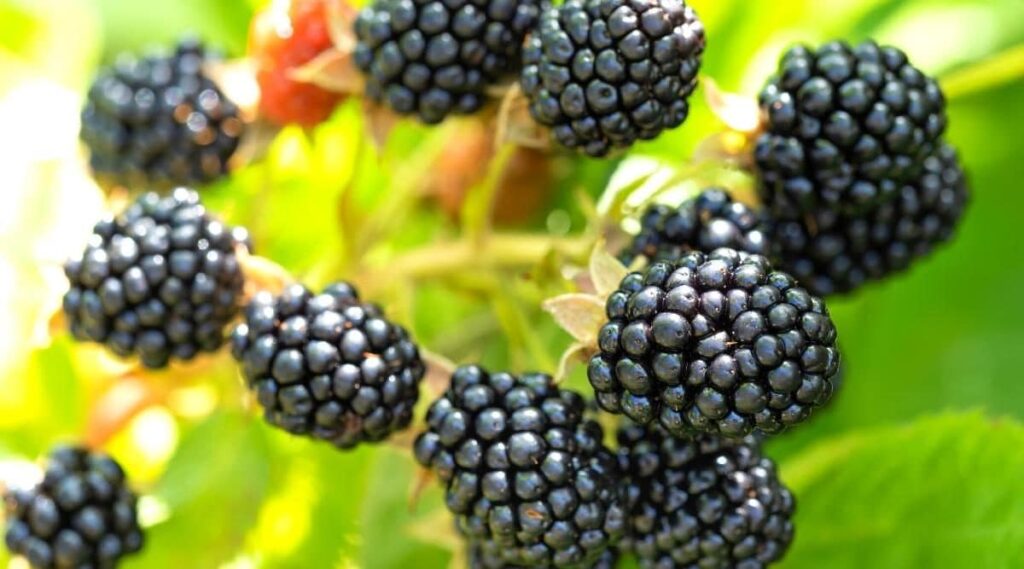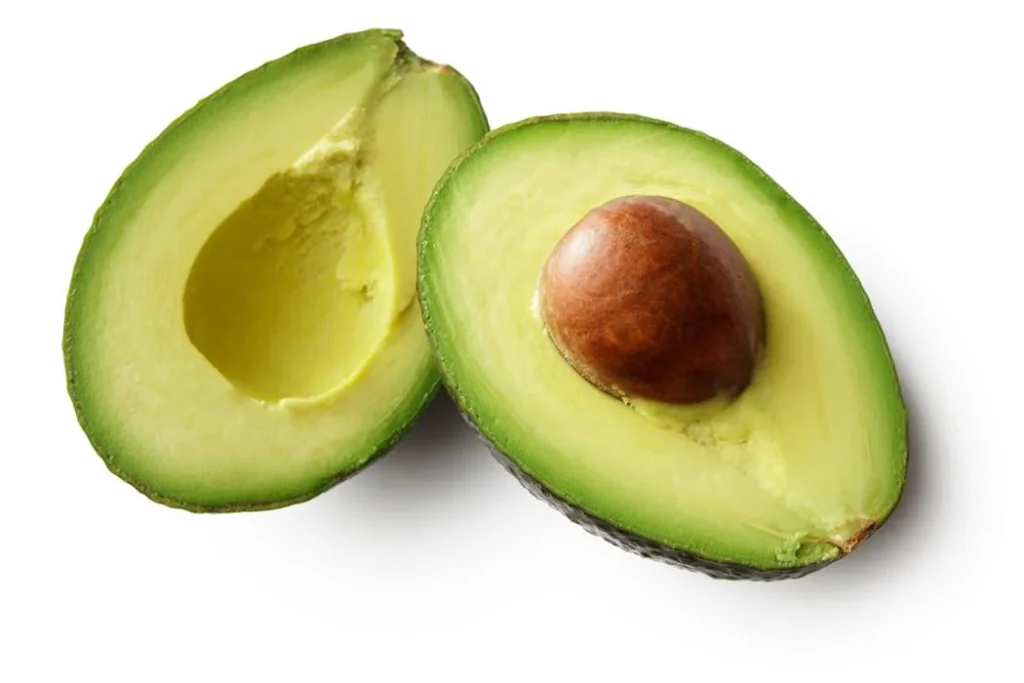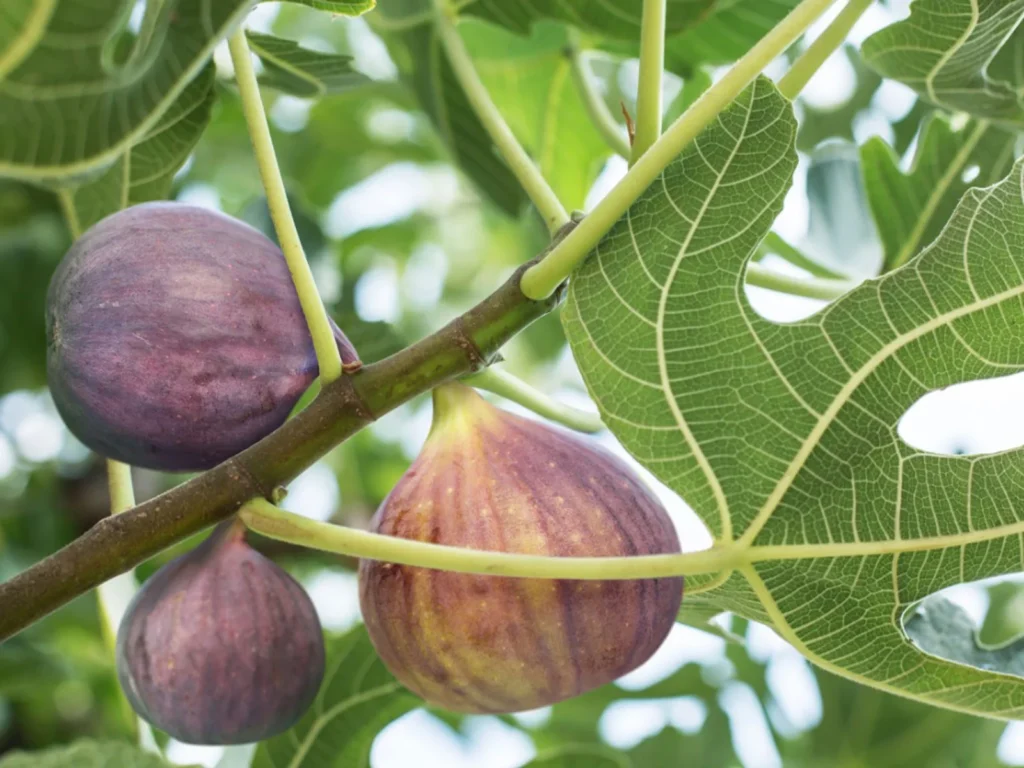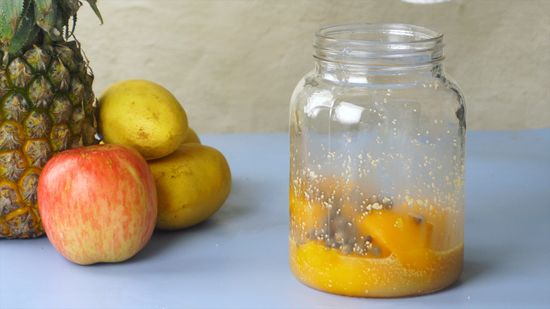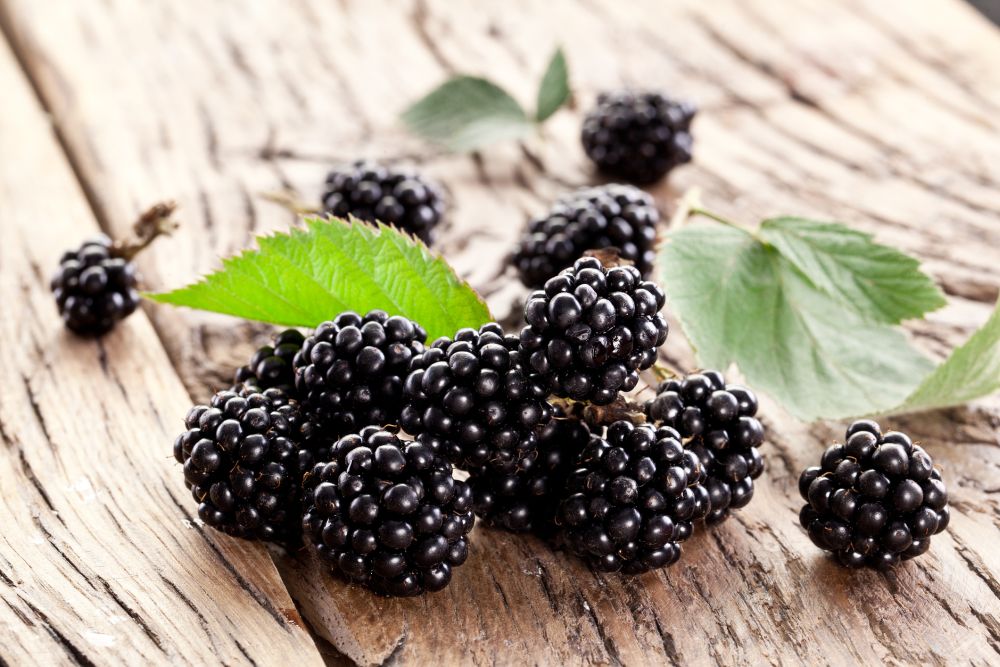Tropical fruits come from warm areas around the Equator. They grow best in places with lots of rain, heat, and good soil. These fruits stand out with their bright colors, tasty flavors, and healthy nutrients.
Table of Contents
- What Makes Tropical Fruits Special?
- So, Is Lemon a Tropical Fruit?
- Where Do Lemons Come From?
- What Kind of Weather Do Lemons Need?
- What’s in a Lemon?
- Why Are Lemons Good for You?
- How Can Lemons Be Used in Cooking?
- Some Yummy Lemon Recipes
- Tips for Picking and Keeping Lemons Fresh
- Fun Lemon Facts
- In Conclusion
- Frequently Asked Questions
What Makes Tropical Fruits Special?
Tropical fruits are known for their juicy insides and wide range of flavors, from sweet to tangy. They are full of vitamins, minerals, and things called antioxidants that are good for your body.
So, Is Lemon a Tropical Fruit?
Actually, lemons are not tropical fruits. They are subtropical, meaning they need warmth but can also handle a little cold. Lemons grow in lots of places around the world and are thought to have come from Southeast Asia. Countries around the Mediterranean have also grown lemons for a really long time.
Where Do Lemons Come From?
It’s believed that lemons started growing in Northeast India. They are a mix between two other types of citrus fruits. Lemons reached the Mediterranean a long time ago, and now many countries use them in their cooking.
What Kind of Weather Do Lemons Need?
Lemons love subtropical weather. They like warm summers and not-too-cold winters. If it’s too frosty, they need some protection. Lemons also like lots of sun and soil that drains water well.
What’s in a Lemon?
Lemons are packed with vitamin C, which helps keep your immune system strong and makes your skin healthy. They also have little bits of other vitamins and minerals like potassium. Plus, they don’t have many calories or carbs.
Why Are Lemons Good for You?
Lemons are great because they have lots of vitamin C, which can help stop some sicknesses. They also have flavonoids, which are good for fighting off things that can harm your body. Lemon juice also helps your stomach work better and gets rid of toxins.
How Can Lemons Be Used in Cooking?
Lemons are popular in cooking because they add a bright, sour taste to food. They make both sweet and savory dishes taste better. People use lemon juice in things like dressings and drinks, and lemon zest adds a nice smell and flavor to baked treats and desserts.
Some Yummy Lemon Recipes
- Lemon Chicken Piccata
- Lemon Bars
- Lemon Garlic Shrimp Pasta
- Lemon Poppy Seed Muffins
- Classic Lemonade
Tips for Picking and Keeping Lemons Fresh
When you choose lemons, go for ones that feel solid and heavy. Skip any with soft spots or marks. They should be a bright yellow color and have smooth skin. Keep lemons at room temperature for about a week or in the fridge for longer. Putting them in a plastic bag helps them stay moist and last longer.
Fun Lemon Facts
- Lemons are a mix of a bitter orange and a citron.
- Where it’s warm enough, lemon trees can give fruit all year.
- People also grow lemon trees because they look nice with their scented flowers and shiny leaves.
In Conclusion
Even though lemons aren’t classified as tropical, they’re loved for their zesty taste and how useful they are in many recipes.
Lemons are full of vitamins and provide many health perks, making them a fresh and healthy choice. They bring a burst of sour kick to foods and drinks, making them a favorite in kitchens everywhere.


